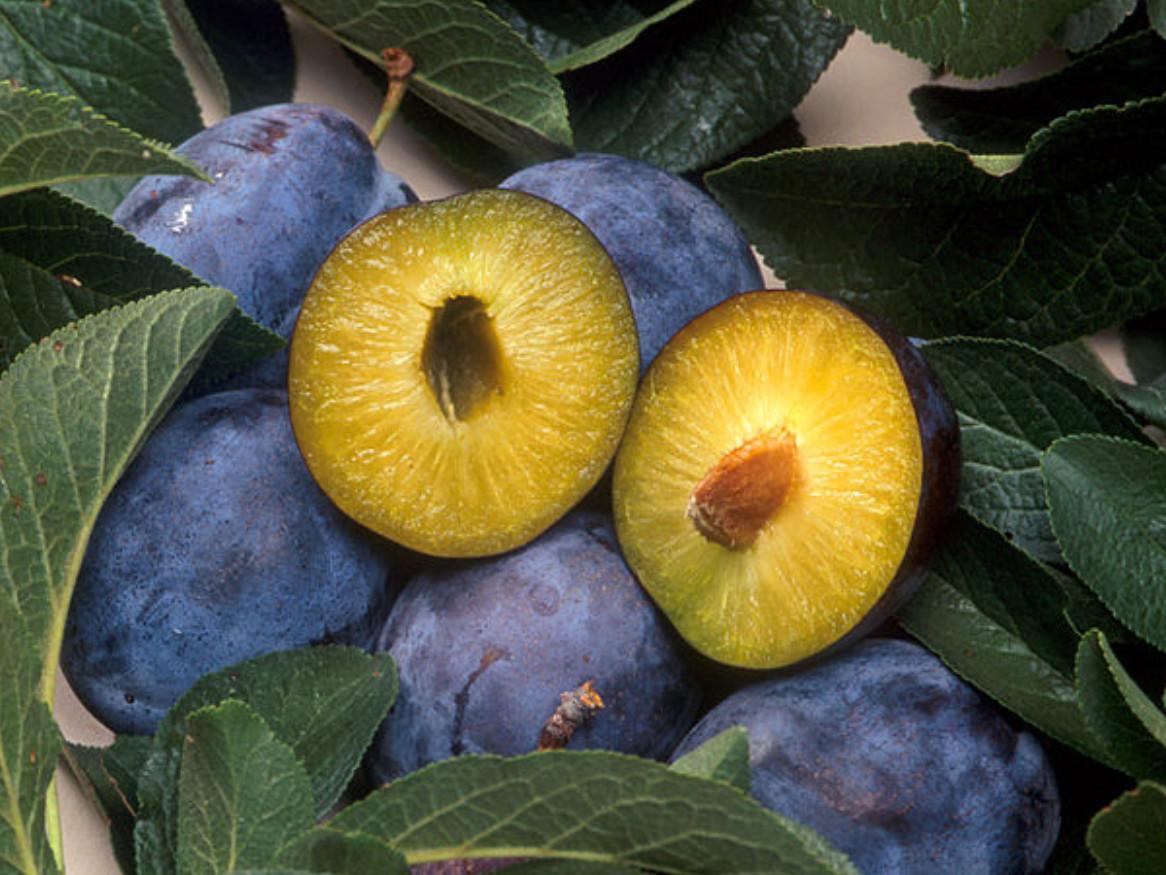Understanding Consumer Attitudes to the Use of Genetic Modification

Speaking to delegates from industry, researchers, and investors at the Ag & Foodtech Symposium in Brisbane, Professor Rachel Ankeny explained that the future of genetic modification must include dialogue and debate with the public.
Drawing upon the Food Values Research Group's extensive research, Rachel explained that people's concerns about GM are not just (or mainly) about the science or the technology. Instead, these concerns reflect deeper food values relating to health, control of production, risk/benefit, and what counts as 'good food'.
Examining attitudes toward GM in isolation ignores the social and cultural contexts in which the issue is made meaningful. For many people, the purposes for which GM might be used, and who or what might benefit (e.g. multinationals, local farmers, or the environment), are crucial questions to consider.
Uniform bans or completely open markets do not allow these public concerns to be adequately debated or considered. But just providing information or education is not sufficient or likely to work. The key is fostering transparency and trust through shared values.
What is most important is more deliberate engagement on this issue, and to consider GM as part of a larger societal dialogue about what counts as 'good' food. These issues are essential for the industry to take seriously, on par with regulatory, trade, and scientific issues.
Public Domain image via United States Department of Agriculture.
